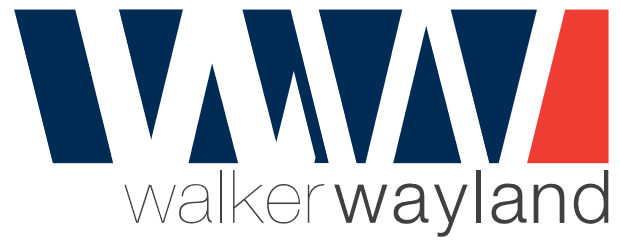In March 2020, the Australian Accounting Standards Board (AASB) issued an amending standard that removes the ability of certain for-profit private entities to prepare special purpose financial statements (SPFS). Large proprietary companies that are required to prepare financial reports under Chapter 2M of the Corporations Act 2001 will be required to prepare general purpose financial statements (GPFS). The AASB also issued a new simplified disclosure standard, AASB 1060 General Purpose Financial Statements – Simplified Disclosures for For-Profit and Not-for-Profit Entities that replaces the reduced disclosure requirements (RDR) framework.
The new Standards will become effective for financial years commencing on or after 1 July 2021. This means that the financial statements of applicable entities will have to be GPFS as from 30 June 2022 year end, with an early adoption permitted for the 30 June 2021 year end.
The following transitional relief applies if the Standards are adopted early:
- Restatement of comparative information is not required for any changes as a result of applying full recognition and measurement requirements for the first time. However, a reconciliation of equity from the latest SPFS to the adjusted opening balances in the notes to the financial statements is required.
- Comparatives for those note disclosures that were not previously required for SPFS (e.g., related party, tax disclosures and segment reporting) are not required. This relief applies regardless of whether you have previously complied with all recognition and measurement requirements.
The above relief is not available if the Standards are not adopted until the mandatory date of 1 July 2021.
Not sure if this this applies to your organisation?
From 01 July 2021 entities required to prepare General Purpose Financial Statements (GPFS) include, but are not limited to:
- Large proprietary companies
- Small foreign owned proprietary companies
- AFSL holders
- Small proprietary companies undertaking crowd-sourced funding.
- Small proprietary companies subject to ASIC or shareholder direction requiring compliance with Accounting Standards.
What is required if my organisation adopts at the mandatory application date 01 July 2021?
If an entity moves to GPFS on the mandatory dates for adoption on 30 June 2022 (31 December 2022) a full retrospective application is required. This includes potential restatement, and requirement to prepare three sets of figures;
- 30 June 2022 (current year)
- 30 June 2021 (comparative year)
- 01 July 2020 (opening balance sheet)
If you find items that have changed as a result of a change in accounting policies or errors in previous periods, then you have the ability to disclose as – “Change due to move to General Purpose Financial Statements”.
Can my organisation adopt this Standard early, and are there any benefits?
Yes, there are benefits in yearly adoption. If an entity moves to GPFS early e.g., 30 June 2021 year end (31 December 2021), no restatement is required. This reduces the required amount of work to reduce to only 2 sets of figures;
- 30 June 2021 (current year) – Full compliance with recognition, measurement, presentation and disclosure, including consolidation and equity accounting.
- 01 July 2020 (opening balance sheet for recognition, measurement, consolidation and equity accounting) – Provide an equity reconciliation at opening balance sheet date to show the changes from end of comparative reporting period.
- 30 June 2020 (comparative reporting year) – Simply label that numbers were prepared under special purpose framework.
Recommendation:
We recommend Management and finance teams of applicable entities consider the impact of the new Standards to the entity and form a view of whether the Standards will be adopted early (30 June 2021), or from its mandatory application 30 June 2022 financial year.
Further Information:
For further information as to how this may impact your Company please contact Walker Wayland NSW, and we can schedule a time for you to discuss with one of our specialists.



